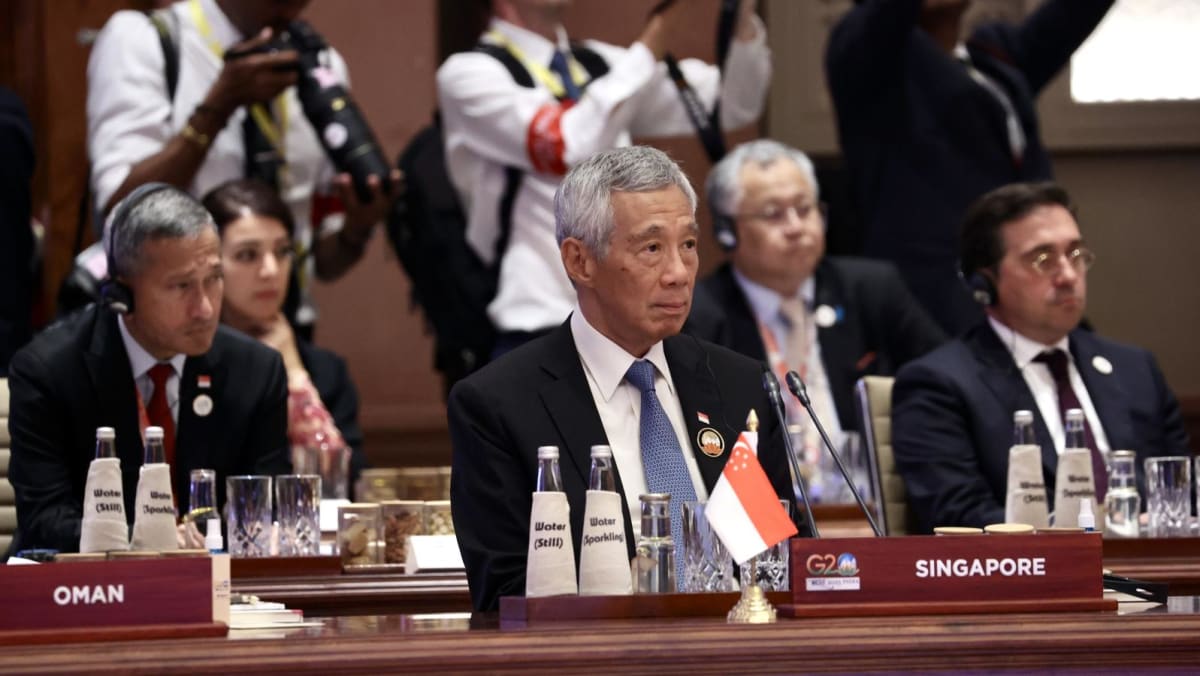Governments need to catalyse private capital for world to be net zero by 2050: PM Lee at G20 summit
Apart from new financing models, Mr Lee also spoke on how new technologies and new markets offer “hope” for countries like Singapore that face inherent challenges in climate transitions.
For example, Singapore has developed a national strategy on using hydrogen – one of the emerging technologies that can help with the transition to a low-carbon world – to green its power sector. It was announced last October that low-carbon hydrogen could supply up to half of Singapore’s power needs by 2050.
“The viability of deploying hydrogen at scale will depend on establishing reliable and resilient global supply chains with international partners. And this, no country can do alone,” said Mr Lee, adding that Singapore is keen to work with “like-minded partners” to diversify its power mix.
On the point of new markets, Mr Lee noted that governments will need to work together to create a conducive environment for decarbonisation investments, such as by providing clear definitions of green and transition activities.
The promotion of various mitigation policies is the first step in identifying effective approaches to tackle climate change, create new markets and direct financing to where it is needed most, he said.
This is why Singapore supports multilateral approaches towards mitigation goals, such as the Organisation for Economic Co-operation and Development’s (OECD) inclusive forum on carbon mitigation approaches.
All three ways – new technologies, new financing models and new markets – will require international collaboration which the G20 “can and should provide” leadership for, he added.
For all the latest world News Click Here

